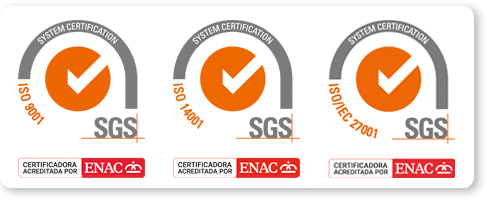Technology Courses

As well as providing training training courses based on the use of process simulators for different fields of application, Inprocess offers a wide range of technology courses where, with the help of a commercial process simulator, other topics that might benefit process engineers or chemical engineers are explored using hands-on training. An additional series of generic and specific engineering topics is also on offer to be explored in depth, based on the client’s individual needs.

Download Training Dossier 2026
Our Offering

TC-DS01: Process Control for process engineers using Dynamic Simulation
Process Engineers are heavy users of simulation tools to design new processes or revamps. They mainly work in Steady-state mode, but frequently they have to interact with the Control Engineers to discuss how the process will be controlled and operated. In this case, many process dynamics and control concepts need to be clearly understood by the Process Engineers in order for them to be able to effectively design the processes and their corresponding control philosophy.

TC-SS01: Simulation of natural gas transmission and processing
The governing engineering principles are reviewed, applied to relevant problems, which are then solved using commercial Process Simulators. Emphasis is placed on the understanding of the underlying concepts and principles as well as the associated applications of process simulators to solve real problems. The main objectives are:

TC-SS02: Interfacing with simulation cases
Learn how to embed and link a Simulation Case and Simulation variables within MS Excel® without using any programming language. The user can hide complex interfaces and technical details and perform analysis in Excel. The user can link models to online plant data for on-demand advisory.

TC-SS03: Flare system modelling
Learn the fundamental flare network modeling techniques for pipeline design. Learn the basics for rating a flare convergent, divergent and looped network for the constraint violations (Mach number, MABP, Noise, velocity, RhoV2) and for pressure, temperature and flow profile throughout the network. Understand the solver messages to analyze the flow network problems and review options to take corrective measures.

TC-SS04: Designing and rating heat exchangers
The objectives of this course include the following: to learn thermal design, the rating of heat exchangers and how to use simulation to solve real process problems; to learn the fundamentals of producing a cost optimized exchanger design; to understand the basic geometric selections required to establish a practical exchanger design; to examine process side, air side, fan selection and physical properties, and to investigate thermal design principles, counter current exchangers and extended surfaces.


